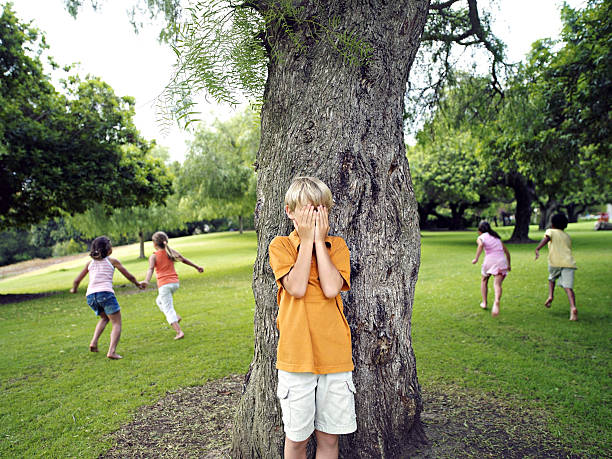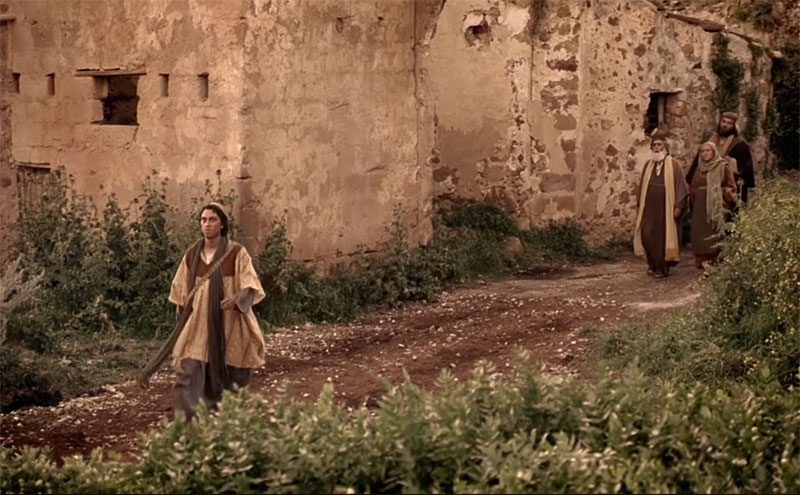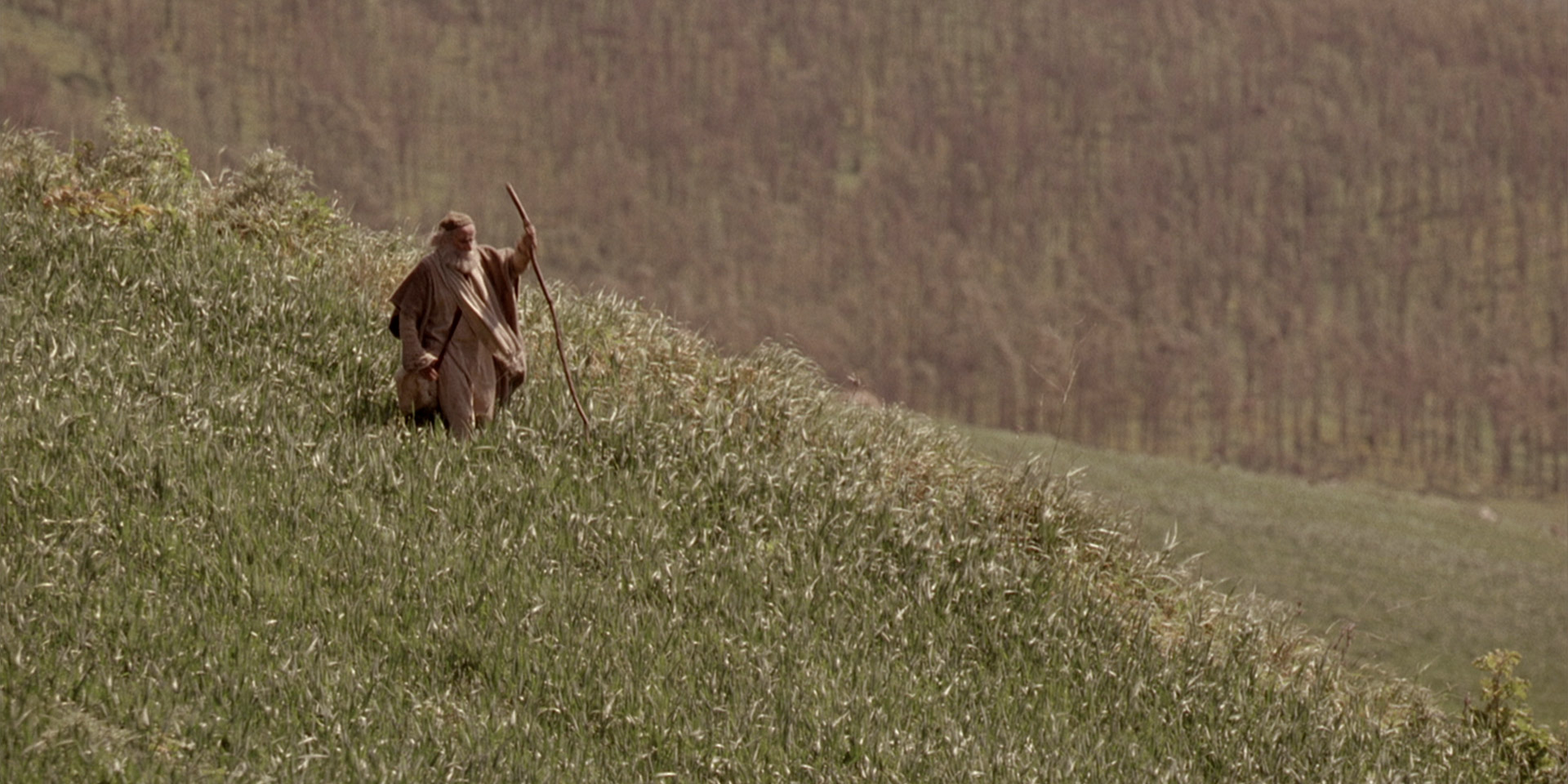
Who among us, in our childhood, has not played the enjoyable game of Hide and Seek?
There was so much fun in having our friends look for us hidden in what we thought a secret place really impossible to find!
But, when in fact, our companions did not find us, the game lost some of its suspense…
So, we made a sound, or shouted, so as to give a clue about our location because…
we wanted to be found eventually!
At the beginning of the Bible we are given the story of, perhaps, the most famous game of Hide and Seek!
In the Book of Genesis (Gn.3:8-9), we see the first human beings hiding from… God who is in search of them!
This is an amazing story and a fascinating scene giving us a message that we are still exploring to this day!
A message which is good to ponder once again on this Sunday.
The gospel text offers us three parables of something lost and later found (Lk.15:1-32).
It is the third one which calls us to reflection: a son has been lost but by his own choice.
He has taken the initiative to go away, to ‘get lost’. 
In fact, his situation of being lost is more that of HIDING.
And, for a while, he does not seem too eager to be found…
Eventually, moved by a craving for food and, possibly too, for what he used to enjoy, he sets on the way.
Here again, it is God who does the searching!
And amazingly, this remains true for all our personal experiences of getting lost in this 21st century!
God keeps searching for us.
The question facing us is simple: DO WE WANT TO BE FOUND?…
Life’s meaning is ‘hidden’ there!
Note: There is another reflection on a different theme in French at: https://image-i-nations.com/24e-dimanche-de-lannee-c-2019/
Source: Image: iStock Book of Mormon Central

